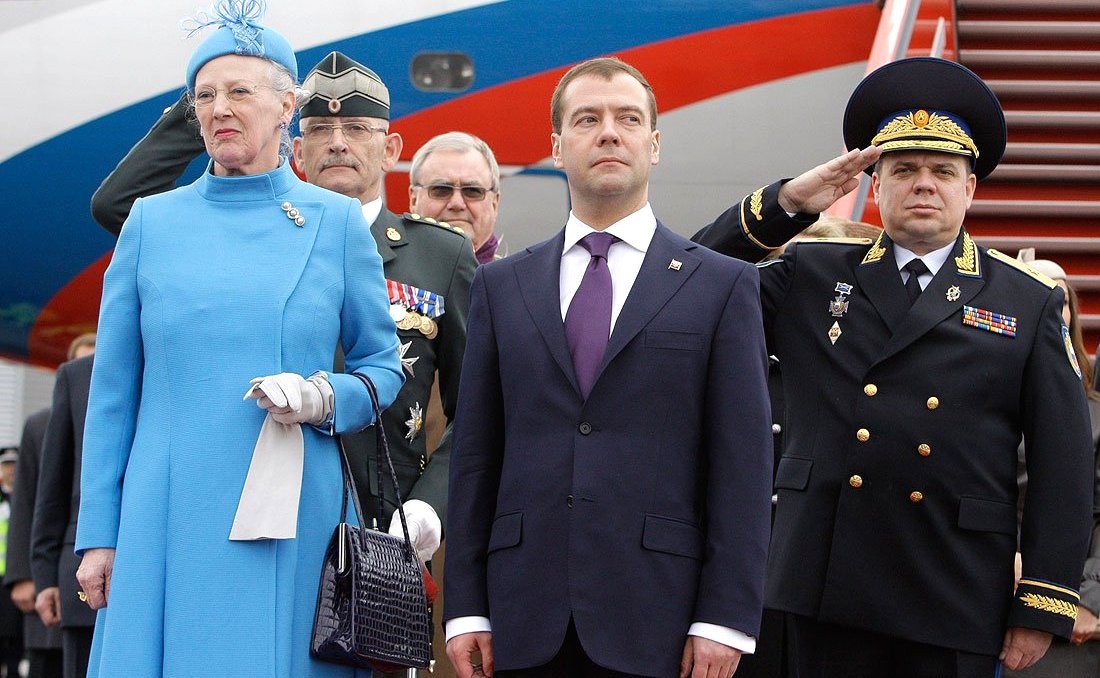Culturally Competent Care for Adults
페이지 정보
작성자 Marian 댓글 0건 조회 3회 작성일 25-09-21 01:08필드값 출력
본문
Cultural sensitivity in adult services is about recognizing and respecting the diverse backgrounds, beliefs, and practices of the people we serve
Every individual brings with them a unique set of values shaped by their culture, religion, family traditions, and life experiences
When providing services to adults—whether in healthcare, social work, Проститутки Москвы counseling, or community support—ignoring these differences can lead to misunderstandings, mistrust, and even harm
Cultural sensitivity means taking the time to learn about the customs and communication styles of different communities
Some communities view elders as primary decision-makers, while others empower the individual to lead their own care journey
A one-size-fits-all mindset can silence client voices, fracture family dynamics, and undermine the very support systems clients rely on
When providers pause to learn, ask respectfully, and adjust their methods, they create space for authentic connection and mutual respect
Even with professional interpreters, meaning can be diluted or distorted without cultural fluency
A phrase that sounds neutral in one language may carry stigma or offense in another
Cultural awareness means recognizing that even the smallest actions can carry profound symbolic meaning
When care is delivered with cultural mindfulness, clients feel seen, heard, and genuinely respected
It also means challenging your own assumptions and biases
Recognizing bias is only the first step—sustained growth comes from ongoing introspection, feedback, and adaptive behavior
Learning from those with lived experience is more powerful than any textbook ever could be
In adult services, respect is not a one time action—it's a continuous practice
Respect is reflected in flexible scheduling that accommodates religious holidays, meals that align with dietary laws, correct pronunciations of names, and honoring spiritual rituals
When service providers notice and honor cultural identity, they affirm dignity and humanity

It transforms services from transactional to transformational
Trust built on cultural understanding creates the foundation for meaningful change
Feeling accepted removes barriers to healing, growth, and collaboration
That’s not just good practice—it’s a fundamental part of ethical and effective service delivery




